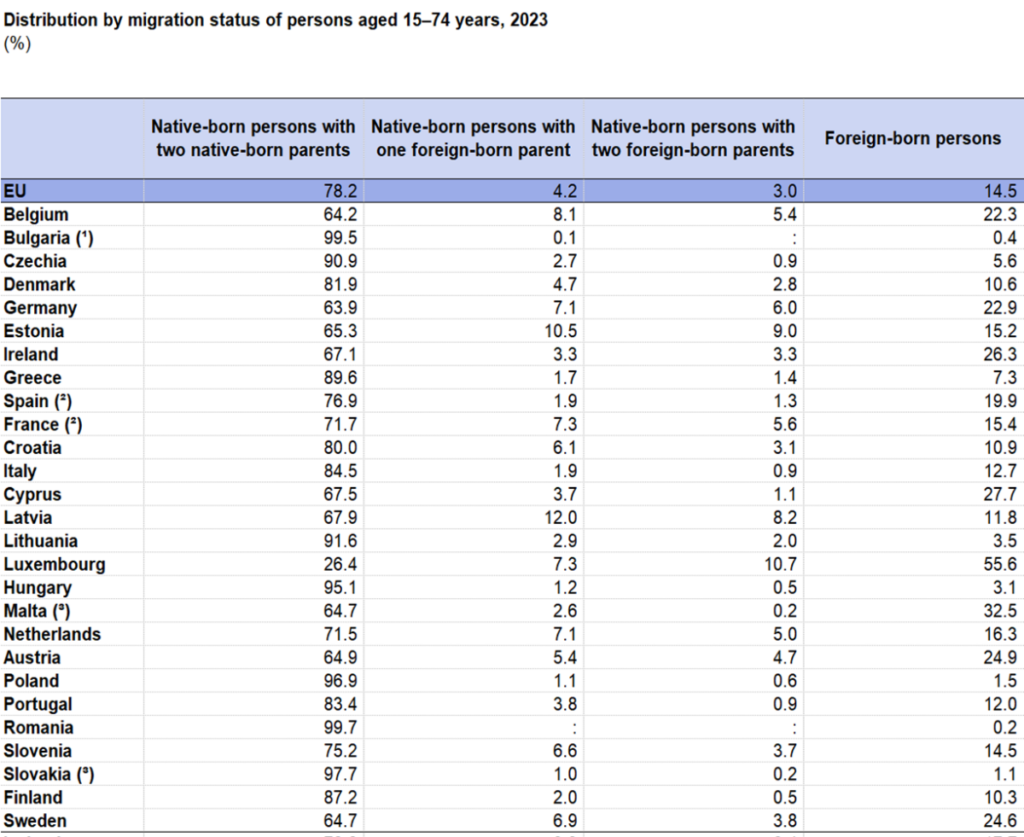The actual impact of EU aid for integration of third country nationals in the Member States remains to be seen, according to a new report published last week by the European Court of Auditors (ECA).
The report focused on the integration of third-country nationals in the EU and the integration measures financed by the Asylum, Migration and Integration Fund (AMIF). The scope of the audit was thus limited to the integration of people without EU citizenship who are legally residing in the EU.
Migrants that have required citizenship in the EU Member States are not eligible to AMIF integration measures. Integration is a national competence but the AMIF can help third-country nationals in the early stage of the integration process, such as counselling education, language training, civic orientation course, professional guidance and promoting equality in access to services.
“The AMIF should play an important role in supporting the integration of migrants in the EU”, said Viorel Ștefan, the Romanian ECA Member in charge of the audit. “However, in the absence of legal requirements, member states don’t consistently monitor the actions to help migrants overcome barriers on the way to integration.”
As a result, the Fund’s contribution to migrant integration is difficult to assess. The result indicators for 2014 – 2020 monitored the gaps between host country nationals and third- country nationals concerning a number of socio-economic parameters. The indicators for 2021-2027 have been improved and focus on the actual numbers of migrants who have benefited from the AMIF measures.
The auditors found that the Commission reviewed member state reporting within an existing and well-structured system, but that the data provided were not always reliable. In Spain, for example, the underlying data on all integration projects showed that the number of participants was twice as high as the number actually reported to the Commission.
Monitoring was largely based on outputs, such as the number of participants in integration measures funded by AMIF, or the number of integration projects supported by AMIF. Such output data provide only partial information, as they were largely dependent on the national models chosen to implement AMIF.
Furthermore, tailoring integration measures to specific groups of migrants varied in the member states the auditors visited. While recognising skills and qualifications is increasingly important for integration into the labour market, AMIF support for this area was marginal, although other EU funds such as the ESF can address the issue.
The auditors recommend that the Commission, in cooperation with the member states, should identify financing gaps, streamline AMIF programming for migrant integration, collect and share best practices, enhance project data reliability, and improve monitoring and reporting on AMIF support. In addition, the Commission should refine the reporting framework by the end of 2026.
In its reply, the Commission fully accepted all ECA’s recommendations.

Credit: Eurostat
In total, the AMIF amounted to €1 billion for the 2014-2020 budgetary period, and almost doubled to around €1.9 billion for 2021-2027. The 2021-2027 action plan covers both migrants and EU citizens with a migrant background. EU citizens may also benefit from integration measures financed by EU funds such as the ESF/ESF+.
A Commission spokesperson told The Brussels Times that the AMIF t is complementary to other EU and national funding instruments, which often have a larger scope and more resources than the AMIF.
Third-country nationals made up 6.1 % of the EU’s population in 2023. After Russia’s invasion of Ukraine in 2022, the number of non-EU citizens legally residing in an EU country rose to 27.3 million. Around 73 % of them live in just four member states: Germany (28 %), Spain (16 %), France (15 %) and Italy (14 %).
According to Eurostat, 22% of people aged 15-74 years were either foreign-born or a descendant of foreign-born persons in 2023. Over one quarter (27.4%) of foreign-born persons aged 15-74 years living in the EU had been born in another EU country compared with a much larger share of 72.6% who had been born in a non-EU country.
M. Apelblat
The Brussels Times

